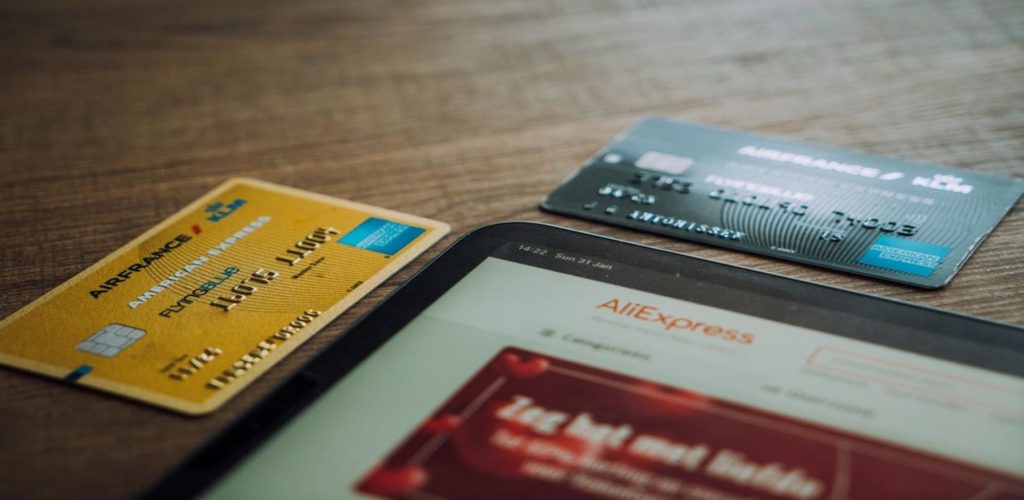How Does Bankruptcy Affect My Credit?

Your credit rating is one of the factors lenders use to determine if you are a good risk. A good credit rating can be the difference between being approved or rejected for a home loan, auto loan, or other credit application. Your credit will dictate the interest rate you pay on approved loans. What happens if you are unable to pay back the loans or pay late? While bankruptcy can help you obtain a fresh financial start, it will affect your credit. Let’s take a closer look at how bankruptcy can affect your credit, and how you can rebuild your credit after a bankruptcy.
Bankruptcy Will Affect Your Credit
How bankruptcy will affect your credit will depend on which chapter of bankruptcy you file under and where your credit was before you filed. The most common forms of bankruptcy for individuals are Chapter 7 and Chapter 13. Chapter 7 bankruptcy discharges most unsecured debt (with some exceptions, e.g. student loans) without a repayment plan. It is the fastest and most affordable way to eliminate debt. Most chapter 7 cases are no asset cases, meaning the debtor receives a discharge without liquidating any assets. This is because the vast majority of people who file for Chapter 7 do not have any eligible assets or property to sell, and as a result, may have their unsecured debt discharged (eliminated) without any repayment to creditors. For this reason, creditor agencies view a chapter 7 more harshly than a chapter 13.
Chapter 13 differs from Chapter 7 in that it consolidates eligible debt into a monthly repayment plan that repays some or all of your debt. As a result, the loss to creditors is less severe than chapter 7. Creditors are able to mitigate some of their losses in a chapter 13 whereas they usually receive no payment under a chapter 7. Because Chapter 13 involves the repayment of debt, the damage to your credit is less severe. You can expect to see a Chapter 13 bankruptcy on your credit report for seven years after your filing. As with Chapter 7, a Chapter 13 bankruptcy will likely make it difficult for you to establish new lines of credit during your repayment period.
Tips On Rebuilding Your Credit
To truly realize a financial fresh start, you must do more than receive forgiveness of debts. You must also be proactive in rebuilding your credit. You do not need to wait until your bankruptcy is over to do this. You can start by consistently being current on your obligations. Additionally, there are credit cards and lines of credit designed specifically for those who have gone through a bankruptcy. Establishing new forms of credit is crucial to showing future lenders that you are worth the risk and have put your financial difficulties behind you.
Colorado Bankruptcy Attorneys Are Here For You
Your credit score and overall financial fitness affects you in so many ways. If you overlook bad information on your credit report, then this could cost you a lot of money. Without the assistance of a skilled professional, you might be unaware of your ways to address this problem. So, if you have adverse remarks on your credit report and want to know how to fix it, then you could contact Consumer Law Pro for a consultation. Our experienced bankruptcy lawyers will thoroughly review your situation and help ensure that you are moving in the right direction. To consult with Consumer Law Pro, call (303) 297-7729 or contact us online.

Leave a Comment
You must be logged in to post a comment.